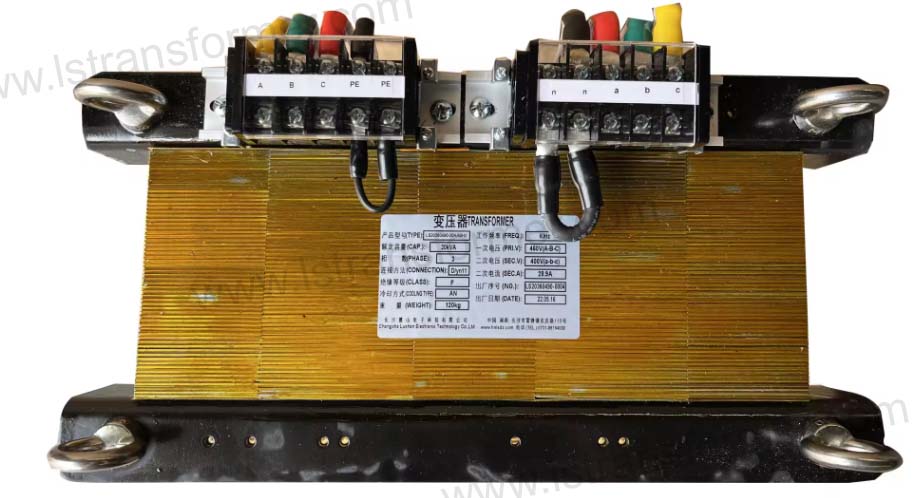When selecting transformer winding wires, several crucial factors need to be considered
Current Carrying Capacity: The choice of winding wire should be based on the required current carrying capacity. The larger the cross-sectional area of the wire, the higher the current it can carry. Ensure that the chosen wire's cross-sectional area can meet the transformer's current requirements under normal operating loads.
Resistance: Wire resistance leads to energy losses, so low-resistance wires should be chosen to reduce heat losses. Copper is commonly used for wires due to its low resistance.
Insulation Material: Winding wires need effective insulation materials to prevent short circuits and leakage. Ensure that the selected insulation material can withstand the electric fields and temperatures of transformer operating conditions.
Temperature Rise: Current passing through the wire generates heat, so the chosen wire must maintain an appropriate temperature during transformer operation. Excessive temperature rise can reduce transformer efficiency and lifespan.
Space and Size Limitations: When selecting wires, consider internal space limitations within the transformer and size requirements of the windings. Ensure that the wires can fit within the transformer's design and layout.
Short Circuit Strength: Wires should possess sufficient mechanical strength to withstand the forces and stresses generated during short circuits. This helps prevent wire damage or breakage.
Cost: Different types of wire materials and specifications impact costs. Choose the most suitable wire based on budget and performance needs.
Environmental Sustainability: In today's context of increased emphasis on environmental sustainability, selecting wire materials that align with environmental standards is also an important factor.
Operating Frequency: The transformer's operating frequency can influence wire selection. High frequencies may require special winding designs and material choices.
In summary, selecting transformer winding wires requires a comprehensive consideration of factors such as current carrying capacity, resistance, insulation material, temperature rise, space constraints, short circuit strength, cost, etc., to ensure the transformer's performance and reliability. It's advisable to consult with professional electrical engineers for more specific guidance during the selection process.
LuShan, est. 1975, is a Chinese professional manufacturer specializing in power transformers and reactors for 48 years. Leading products are single-phase transformer, three-phase transformers, DC inductors, AC reactors, filtering reactor, expoxy resin high-voltage transformer and intermediate, high-frequency products. Our transformers and reactors are widely used in 10 application areas: rapid transit, construction machinery, renewable energy, intelligent manufacturing, medical equipment, coal mine explosion prevention , excitation system, vacuum sintering, central air conditioning.
Know more about power transformer :https://www.lstransformer.com/Transformers

 EN
EN
 FR
FR DE
DE ES
ES

